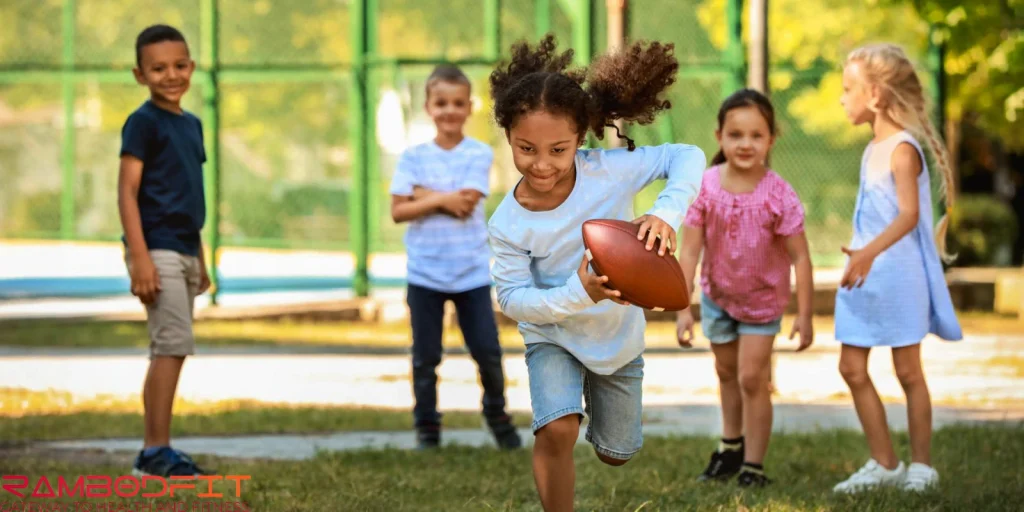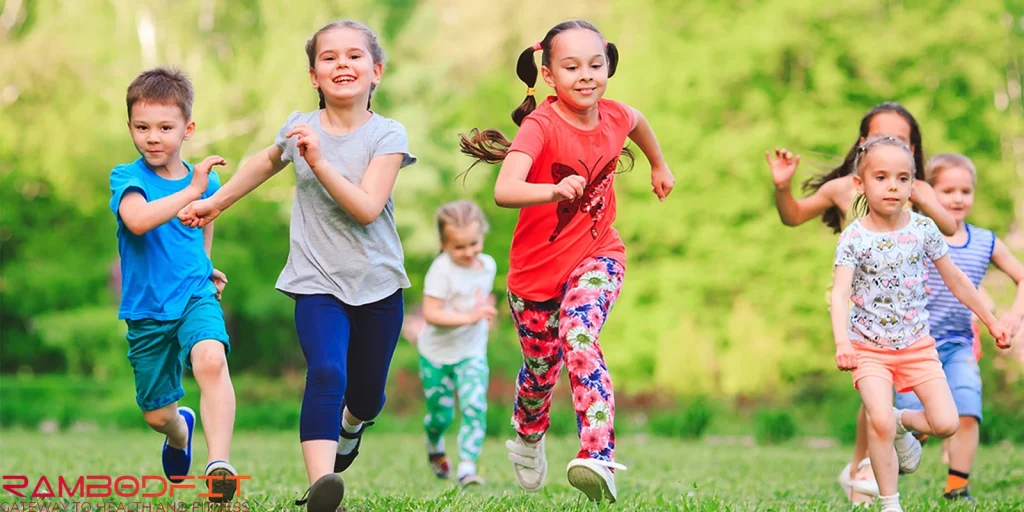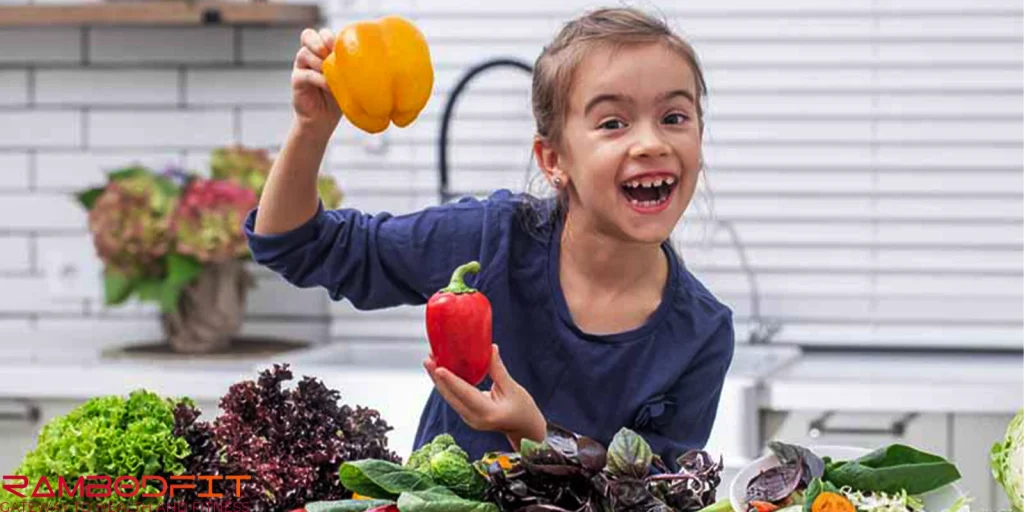


When it comes to making decisions about your child’s nutrition, the choices can feel overwhelming. You want to make sure they’re getting all the nutrients they need to grow, play, and thrive—but sometimes, in the process, it’s easy to get caught up in the latest trends or feel pressured to go above and beyond. One area where a lot of parents and caregivers find themselves uncertain is protein supplements, especially when searching for the best protein for active children. While these products are widely used and praised by adults—particularly those focused on building muscle or speeding up recovery after workouts—it’s not always clear if they’re appropriate or necessary for children.
The question of whether kids need protein supplements is more complex than a simple yes or no. On one hand, protein is a crucial building block for the body. It plays a fundamental role in supporting growth, repairing tissues, and ensuring that muscles and bones develop properly. For kids who are particularly active, involved in sports, or going through rapid growth spurts, their protein requirements might be higher than average. In these cases, some parents wonder if supplementing their diet with the best protein for active children could offer extra benefits.
Scientific research does indicate that, when used correctly and under the right circumstances, protein supplements can aid children in several important ways. For example, they can help support steady growth, assist with muscle recovery after physical activity, and promote healthy weight gain—particularly for kids who struggle to consume enough calories or protein through regular meals. But it’s not just about tossing a scoop of powder into a smoothie; the key is to use supplements thoughtfully, ideally under the guidance of a healthcare professional or nutritionist who understands your child’s unique needs and can recommend the best protein for active children.
It’s also important to remember that most healthy children can meet their protein requirements through a balanced diet. Foods like lean meats, dairy, eggs, beans, nuts, and whole grains are excellent sources. Supplements may be helpful in certain situations—such as for picky eaters, children with specific medical conditions, or young athletes with high energy demands—but they’re not a one-size-fits-all solution when it comes to finding the best protein for active children.
Parents and coaches who have observed the effects of proper nutrition up close often emphasize the importance of balance. They’ve seen how adequate protein intake, especially from the best protein for active children, can lead to improvements in energy, focus, and physical performance, but they also recognize the risks of overdoing it. Too much protein can put stress on the kidneys and may lead to other health issues, so moderation is key.
Ultimately, the goal is to support kids in reaching their full potential—whether that means growing taller, recovering faster after activities, or gaining weight in a healthy way. By staying informed and considering both scientific evidence and real-world experiences, parents can make choices that truly benefit their children’s long-term health. Rambodfit explains that a thoughtful approach, grounded in research and tailored to each child, is the best path forward when it comes to the best protein for active children and overall nutrition.
Table of Contents

Plenty of research shows just how important protein is for kids’ growth. One PubMed study looked at children ages 1 to 9 and found that those who got extra protein actually grew taller and developed stronger bones than kids on lower-protein diets, highlighting the impact of finding the best protein for active children.
Basically, protein gives the body the raw materials—amino acids—it needs to build up bones, muscles, and tissues. If a child isn’t getting enough, growth can stall or get thrown off. I think back to an 8-year-old soccer player I once coached. He was always tired and just wasn’t growing like his teammates. We bumped up the protein in his meals and added a whey supplement (his pediatrician gave the go-ahead). Within a few months, he had more energy, and his growth finally picked up—proof that the best protein for active children can make a real difference.
Still, supplements shouldn’t replace real food. They’re more of a backup when a kid can’t get enough through meals—maybe they’re a picky eater, or they’re super active. The real stars are things like milk, eggs, lean meats, and beans, which often provide the best protein for active children naturally. Supplements just step in when needed.
Kids who play sports a lot get tired muscles, especially when they’re training over and over. Recovery can drag out, and sometimes they’re just sore for days. Protein helps a ton here—it speeds up muscle repair, so kids aren’t stuck feeling wiped out. The best protein for active children supports quicker recovery, helping them bounce back faster so that soreness doesn’t hang around as long.
There’s real science behind this. A clinical trial in the American Journal of Clinical Nutrition showed that when young athletes had protein after a workout, they recovered faster and didn’t feel as sore—clear evidence of how the best protein for active children can improve post-exercise recovery.
I’ve seen this myself as a coach. Take two players on the same team, both 10 years old. One eats enough protein—snacks, a shake after practice, the whole deal. The other doesn’t bother. The difference? The kids getting the best protein for active children aren’t as tired, and their performance stays strong all week. The other one? You can tell they’re dragging.

Helping kids manage their weight—especially if they’re underweight or always on the move—is a big part of good nutrition. Protein supplements, especially the best protein for active children, can really make a difference here. They help kids put on a healthy weight by building muscle instead of just adding fat.
If your child spends a lot of time swimming, tumbling, or playing football, the best protein for active children—combined with a balanced diet—can boost healthy weight gain and improve how their body’s built. There’s research out there (like a PubMed study on growth and metabolism in kids) showing that steady protein intake supports muscle growth and helps keep their metabolism in check, so kids grow in a healthy, sustainable way.
But protein’s just one piece of the puzzle. Kids still need carbs, healthy fats, vitamins, and minerals to round out their meals. And there’s such a thing as too much—going overboard with even the best protein for active children can upset their stomach or put extra pressure on their kidneys. It’s always smart to talk things over with a pediatric nutritionist before adding any supplements to your child’s routine.
Protein supplements can be safe and helpful for kids when you use them the right way and keep an eye on things. Whey, casein, plant-based—doesn’t really matter which type. They all help muscles recover, boost protein synthesis, and support growth, especially as kids hit puberty.
But here’s the thing: don’t overdo it, and don’t let shakes take the place of real food. Think of supplements as a backup, not the main event. Look for clean, third-party tested options made for kids, or go with what your doctor suggests. Quality and moderation matter most.

Protein supplements can really help kids grow, recover, and put on a healthy weight—especially if they’re extra active or have bigger nutritional needs. The research backs this up, showing that the best protein for active children can support strength, recovery, and overall development. Used right, supplements work well alongside regular food. The key for parents is balance. Growth isn’t just about counting protein grams; it’s about giving kids a well-rounded diet, plenty of care, and choosing the best protein for active children to meet their needs.
No. Supplements should never substitute complete meals. Whole foods provide not just protein but also essential micronutrients, fiber, and enzymes that are vital for growth and digestion.
The ideal time is after physical activity or training, as this is when the body needs amino acids for muscle repair. However, timing may vary based on the child’s routine and overall diet.
When used moderately and under medical guidance, side effects are rare. Excessive intake, however, can cause bloating, dehydration, or kidney stress—so it’s essential to follow age-appropriate dosages.